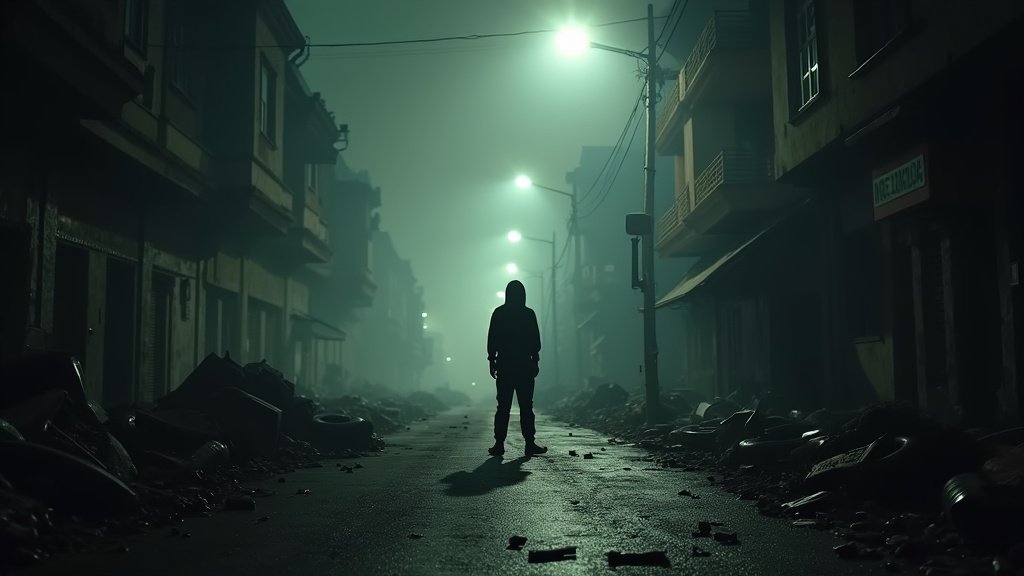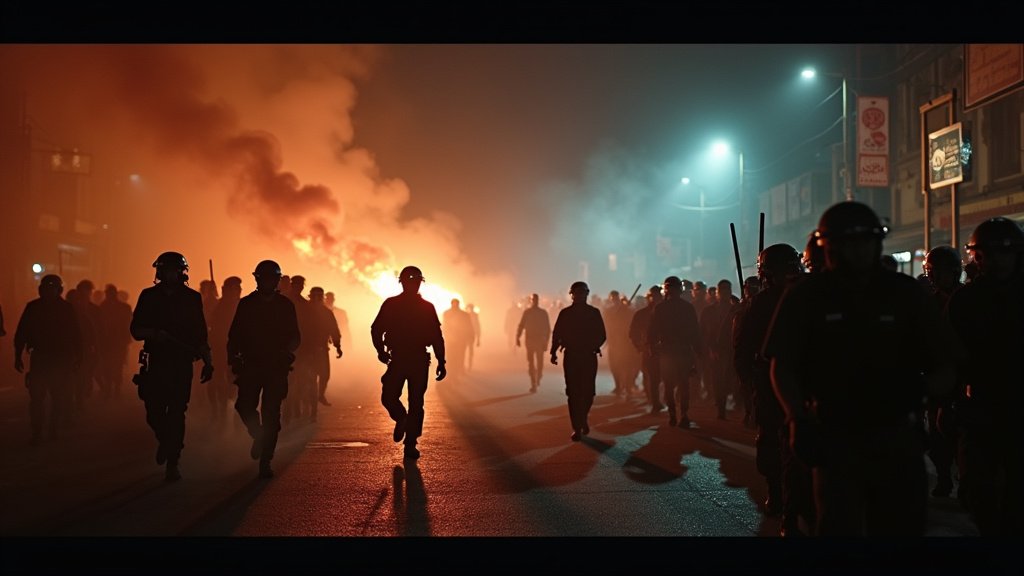Gaza’s Sole Catholic Church Targeted in Israeli Attack
An Israeli attack on the only Catholic church in Gaza has resulted in the deaths of elderly individuals. This incident marks a tragic escalation within the ongoing conflict, as reports indicate a rise in violent actions.
The attack on the church has drawn widespread condemnation from various international bodies and organizations. The Palestinian Foreign Ministry has specifically labeled the incident as a “full-fledged crime.” This strong condemnation reflects the gravity of the situation and the perceived targeting of a place of worship.
Survivors of the attack have shared accounts of their experiences, describing the ordeal as “totally horrifying.” These firsthand accounts paint a grim picture of the events, highlighting the immediate impact of the attack on civilians and the psychological toll it has taken on those affected.
The ongoing conflict between Israel and Palestine continues to claim lives and cause immense suffering for the people of Gaza. The recent attack on the church underscores the precariousness of the situation and the urgent need for a resolution to the conflict. The targeting of a religious institution, intended to provide sanctuary and solace, has raised serious concerns about the protection of civilians and adherence to international humanitarian law.
International organizations and humanitarian agencies are currently working to assess the damage and provide assistance to those affected by the attack. These efforts are critical in addressing the immediate needs of the survivors and providing support to the community.
The attack has sparked a new wave of outrage and calls for accountability. Investigations are likely to follow to determine the full extent of the damage and assess responsibility for the attack. The findings of these investigations will be crucial in shaping the international response and potentially leading to legal actions.
The incident serves as a somber reminder of the human cost of the conflict and the importance of finding a lasting solution. The international community must redouble its efforts to protect civilians, uphold international law, and work towards a just and sustainable peace. The attack highlights the urgent need to protect places of worship and ensure the safety and security of all religious institutions within the conflict zone.
The attack has also raised questions about the targeting of civilian infrastructure in the ongoing conflict. Places of worship are typically considered to be off-limits in wartime and the deliberate targeting of such a site is a serious violation of international law. The specific details of the attack, including the types of weapons used and the specific targets, are currently under review.
As the conflict continues, the international community must act to de-escalate the situation and provide humanitarian assistance to those in need. The use of force must be proportional and must adhere to the principles of distinction and precautions in attack. The need to protect civilians and the preservation of religious institutions are paramount in ensuring the safety and security of the population.
The attack also highlights the crucial role of journalists and human rights observers in documenting the conflict and informing the public about the situation on the ground. These individuals risk their lives to provide critical information and to ensure accountability for those involved in the conflict.
The long-term consequences of this attack, including the impact on the local community and the potential for further escalation, are yet to be fully understood. However, it is clear that the incident has caused significant damage and loss of life and will continue to have a lasting impact on the people of Gaza.
The attack on the Catholic church is a tragic illustration of the broader challenges of the conflict and the urgent need for a just and lasting peace in the region. International efforts must be intensified to address the root causes of the conflict and to prevent further violence and suffering.





